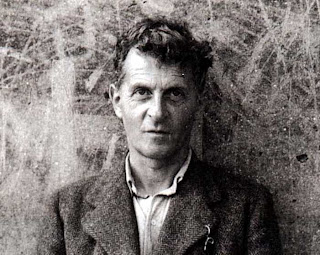To have knowledge, then, is to subject oneself to considerable danger, to the whim of fact that may come either as a dawn of realisation or a discovery that plunges one into an abyss. This is because hope lies in the indeterminate, the ambiguous and the unknown. It is curiosity that places us at the rim of the precipice, yet ironically it is also hope that makes us take the step into space.
To want to have knowledge is therefore a leap of faith. We stand at the threshold with our hearts wildly beating, our breath faltering, our souls rigid as the firmness of faith fights our fear of falling, and the struggle might lead to a standstill if it were not for a lingering doubt in all things human. We fall forward finally with the weight of a question mark on our backs.
Falling, is therefore about the loss of innocence, and if we fall what rushes toward us with the violence of reality is then the hugeness of consequence, the inevitability of The End because ignorance is no longer a defence and the one invisible force we can believe in turns out to be gravity. It is about Adam and Eve, but it is also about Abraham and Isaac.
Knowledge, then, is as much about knowing the lines we are about to cross as it is about knowing the truth. To have knowledge is also to know the ledge we cannot step over: the dreams we should have never have lived in, the memories we should never have lived out, the words we should have left unshared. We will fall hard and fast when we step unknowingly over that ledge, if we do not have the faith to walk on air.















